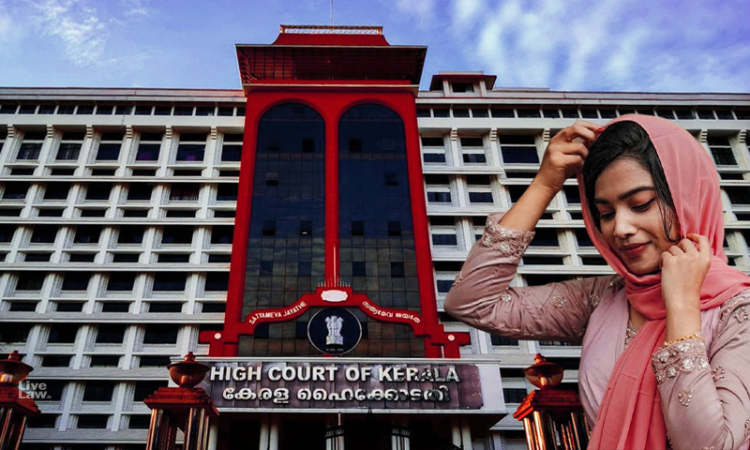Law Student's Suicide: Kerala High Court Denies Bail To Husband, Releases His Parents
Hannah M Varghese
4 Jan 2022 4:01 PM IST

Next Story
4 Jan 2022 4:01 PM IST
The Kerala High Court on Tuesday refused bail to the accused husband of a 2nd year LLB student, Mofiya Parveen, who died by suicide citing domestic abuse and dowry harassment. However, his parents, who are co-accused in the case, were granted bail.During today's proceedings, the de facto complainant (Mofiya's father) also brought to the fore that the accused husband was diagnosed with...
